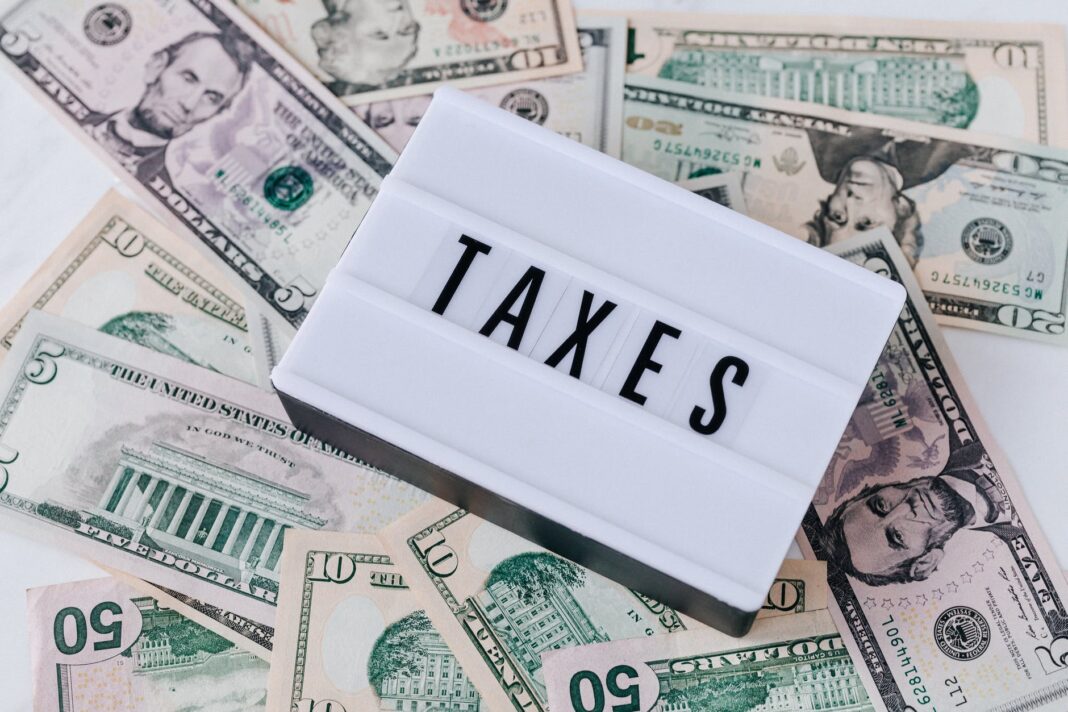IRS Audit! Those are words that will send a cold chill up your spine. And it’s a phrase being heard more often. The IRS recently announced that beginning with returns from 2019 and forward, the number of audits has doubled for every income category above $100,000. But as they say on TV, “Wait, there’s more.” Audits have also doubled for folks making more than $50,000.
Audits are based on total positive income (TPI), which the IRS defines as “the sum of all positive amounts shown for the various sources of income reported on the individual tax return and, therefore, excludes losses.”

IRS.gov screenshot / Money Talks News
According to the IRS, the audit rates in Table 1 “are merely a snapshot in time” and will change as open audits are completed and new audits are started. The numbers may even be low because the IRS had not started many 2019 audits as of September 30, 2021 when this chart was created. But the numbers are a reminder that all income levels get audited.
One example is taxpayers who claim the earned income tax credit (EITC), which is a tax break for low and moderate income workers. Taxpayers who claim the EITC are more likely to get audited than those who don’t. The Taxpayer Advocate Service estimates that about 1% of returns that claimed the EITC get audited.
Audit rates for individuals and corporations of all income levels dropped sharply for returns for tax years 2010 through 2017, especially for individuals with total positive income of $200,000 or more. There are approximately 6,500 IRS agents who perform the audits.




